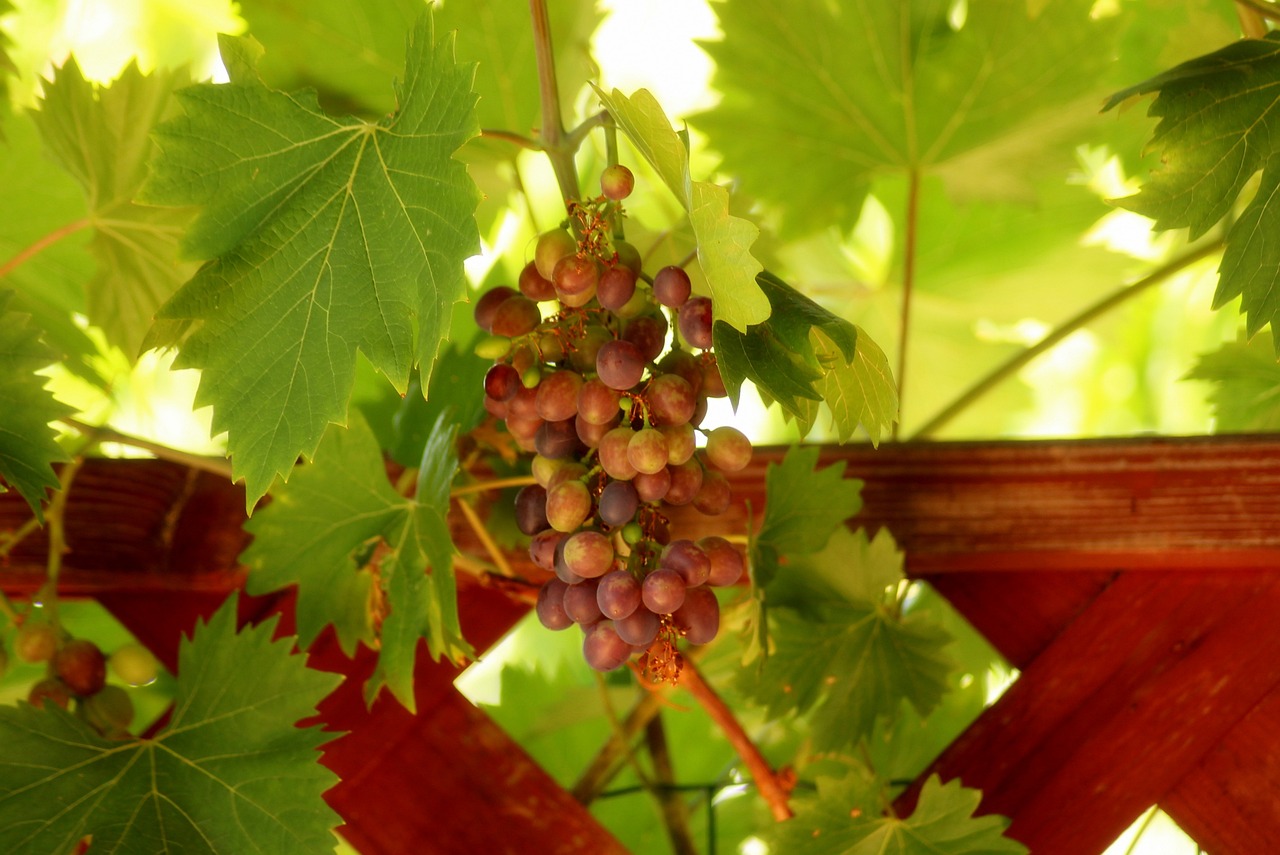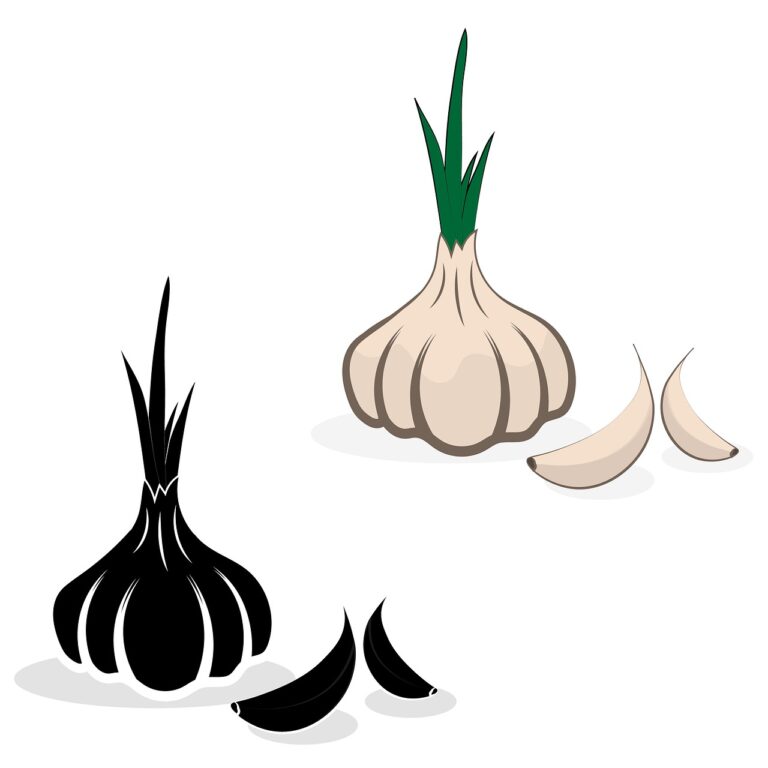The Impact of Jam and Jelly-Making Events on Local Economies: 11xplay pro, 24 betting login india, Skyinplay live login
11xplay pro, 24 betting login india, skyinplay live login: Jam and jelly-making events have been a staple in many communities for years, bringing people together to showcase their culinary skills and share their love for preserving fruits. But what many may not realize is the significant impact these events have on local economies. From boosting tourism to supporting small businesses, jam and jelly-making events play a crucial role in driving economic growth in communities across the country.
Jam and jelly-making events are not just about making delicious spreads; they are also about bringing people together. These events often attract tourists from near and far, looking to experience the unique flavors and traditions of a particular region. As a result, local businesses such as restaurants, bed and breakfasts, and shops benefit from the influx of visitors, boosting sales and generating revenue for the community.
Furthermore, jam and jelly-making events provide a platform for small businesses and artisans to showcase their products and connect with potential customers. Vendors selling homemade jams, jellies, and other related products can reach a wider audience at these events, increasing their sales and expanding their customer base. This exposure not only helps these businesses grow but also contributes to the overall economic development of the community.
In addition to supporting local businesses, jam and jelly-making events also create opportunities for job creation and entrepreneurship. Many events require organizers, vendors, volunteers, and other staff members to help ensure the smooth running of the event. This, in turn, creates employment opportunities for local residents and encourages entrepreneurship in the community.
The economic impact of jam and jelly-making events extends beyond the event itself. Many attendees often explore the surrounding area, visiting other attractions, dining at local restaurants, and shopping at nearby stores. This, in turn, helps stimulate the local economy and promotes sustainable growth in the community.
Moreover, jam and jelly-making events often incorporate educational components, such as cooking demonstrations, workshops, and tastings. These activities not only entertain attendees but also provide valuable knowledge and skills that can be applied in their daily lives. By promoting a culture of learning and creativity, these events help empower individuals and contribute to the overall development of the community.
Overall, the impact of jam and jelly-making events on local economies cannot be understated. From boosting tourism and supporting small businesses to creating job opportunities and promoting education, these events play a vital role in driving economic growth and sustainable development in communities across the country.
###Heading 1: The Role of Jam and Jelly-Making Events in Economic Development
###Heading 2: Boosting Tourism Through Culinary Events
###Heading 3: Supporting Small Businesses and Artisans
###Heading 4: Creating Job Opportunities and Entrepreneurship
###Heading 5: Stimulating the Local Economy Through Attendee Spending
###Heading 6: Promoting Education and Creativity Through Cooking Demonstrations
####FAQs
1. Q: How do jam and jelly-making events benefit local businesses?
A: Jam and jelly-making events attract tourists, boosting sales for local businesses such as restaurants and shops.
2. Q: Do jam and jelly-making events create job opportunities?
A: Yes, these events require organizers, vendors, and other staff, creating employment opportunities for local residents.
3. Q: What educational components are typically included in jam and jelly-making events?
A: Cooking demonstrations, workshops, and tastings are common activities that help promote education and creativity.
In conclusion, jam and jelly-making events have a profound impact on local economies, driving economic growth, supporting small businesses, creating job opportunities, and promoting education. By recognizing the value of these events and supporting them, communities can harness their economic potential and foster sustainable development.







